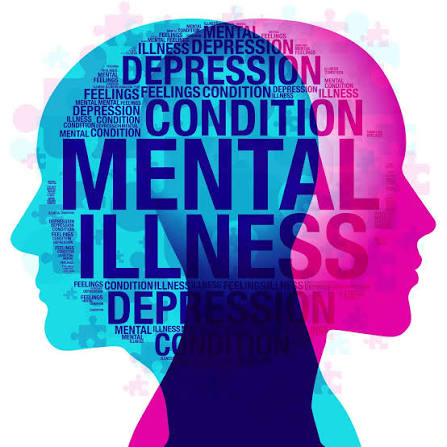
What Is Mental Illness?
Mental illness refers to conditions that affect the way a person thinks, feels, or behaves. Depression, anxiety, bipolar disorder, schizophrenia, and eating disorders are just some of them. Unlike a broken arm or a visible wound, mental illness often cannot be “seen,” making it easier for people to ignore or dismiss.
Why It’s Hard to Talk About
One of the biggest challenges is stigma. In many communities, people fear being labeled as “weak” or “crazy.” Families sometimes hide mental illness instead of seeking help, while sufferers themselves often feel guilty for not being able to “snap out of it.”
Everyday Examples
•A young person who avoids social gatherings because of crippling anxiety.
•A hardworking parent who appears strong but secretly battles depression.
•A student who struggles to concentrate because their mind is constantly racing.
These are not rare stories — they are happening quietly in homes, schools, and workplaces around the world.
The Impact
Untreated mental illness affects more than emotions. It can damage relationships, lower academic or work performance, and even lead to physical health issues like insomnia, heart problems, and weakened immunity.
Signs to Look Out For
•Constant sadness or hopelessness
•Extreme mood swings
•Withdrawal from family and friends
•Changes in sleep or appetite
•Thoughts of self-harm
Hope and Healing
Mental illness is not a life sentence. With the right treatment — therapy, medication, lifestyle changes, and community support — recovery is possible. Just as we don’t shame someone for having diabetes or heart disease, we mustn’t shame someone for struggling with depression or anxiety.
The Role of Society
•Families need to listen without judgment.
•Schools must teach students that asking for help is okay.
•Governments should invest more in mental health care, making it affordable and accessible.
•Individuals can help simply by showing compassion and checking in on loved ones.



You must be logged in to post a comment.